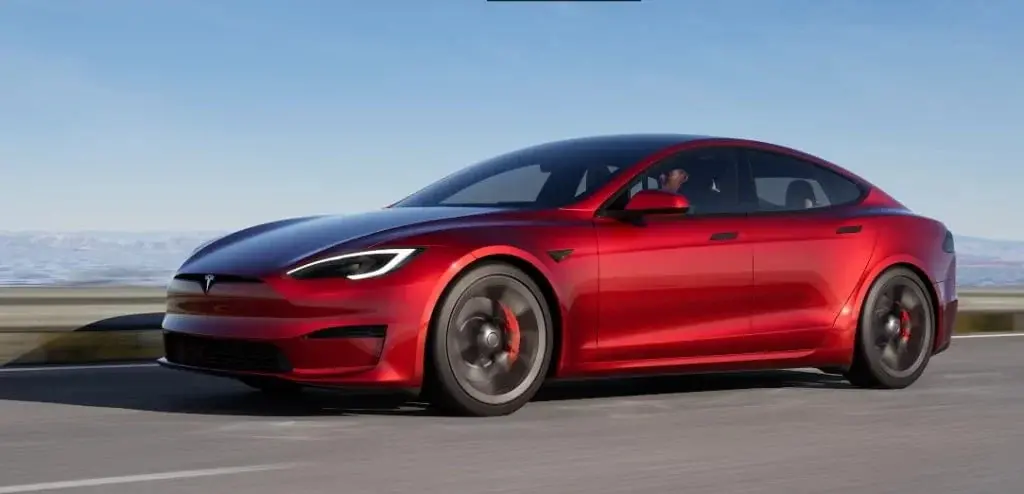Tesla's $2 billion investment in India has generated a lot of excitement, as it has the potential to be a major milestone in the global electric vehicle (EV) landscape. However, this investment is contingent on India reducing its high import taxes on EVs.
Currently, India imposes steep import taxes on EVs, with rates of up to 100% for vehicles exceeding approximately $40,000 and 70% for cheaper models. These high tariffs have been a significant barrier for Tesla's entry into the Indian market, despite the country's large population and growing focus on sustainable practices.
Tesla's proposal centers around a substantial reduction in these taxes to 15%. This concession would not only benefit Tesla but could also pave the way for other international EV manufacturers to enter the Indian market, thereby enriching the country's EV ecosystem. It is estimated that this proposed tax cut would apply to an annual import volume of at least 12,000 vehicles. If the import volume reaches 30,000 vehicles, Tesla's investment could scale up to $2 billion.
However, this investment goes beyond Tesla's expansion plans. It represents a broader narrative of how global EV giants and local markets can collaborate for mutual benefits. For Tesla, it presents an opportunity to tap into one of the world's largest consumer markets. For India, it offers a chance to accelerate its transition to clean energy and enhance its technological prowess in the EV sector.
In addition to its potential impact on the market, Tesla's investment could also reshape India's EV manufacturing landscape. While the specifics of Tesla's proposed facility are still speculative, it could range from a final assembly site to a production hub for specific EV components. This development has the potential to create jobs and facilitate the transfer of technical knowledge, thereby strengthening India's position in the global EV market.
Furthermore, Tesla's entry into the Indian market could introduce a healthy competitive environment, challenging local giants like Tata Motors and Mahindra and Mahindra. This competition is crucial for driving innovation, improving affordability, and enhancing the quality of EVs in the sector.
Overall, Tesla's potential $2 billion investment in India has the potential to bring about significant changes in the EV landscape. By reducing import taxes and collaborating with local markets, Tesla aims to establish a strong presence in India while helping the country accelerate its transition to clean energy. This move could also lead to job creation, knowledge transfer, and healthy competition in the Indian EV market, benefiting both Tesla and the country as a whole.


Leave a Reply